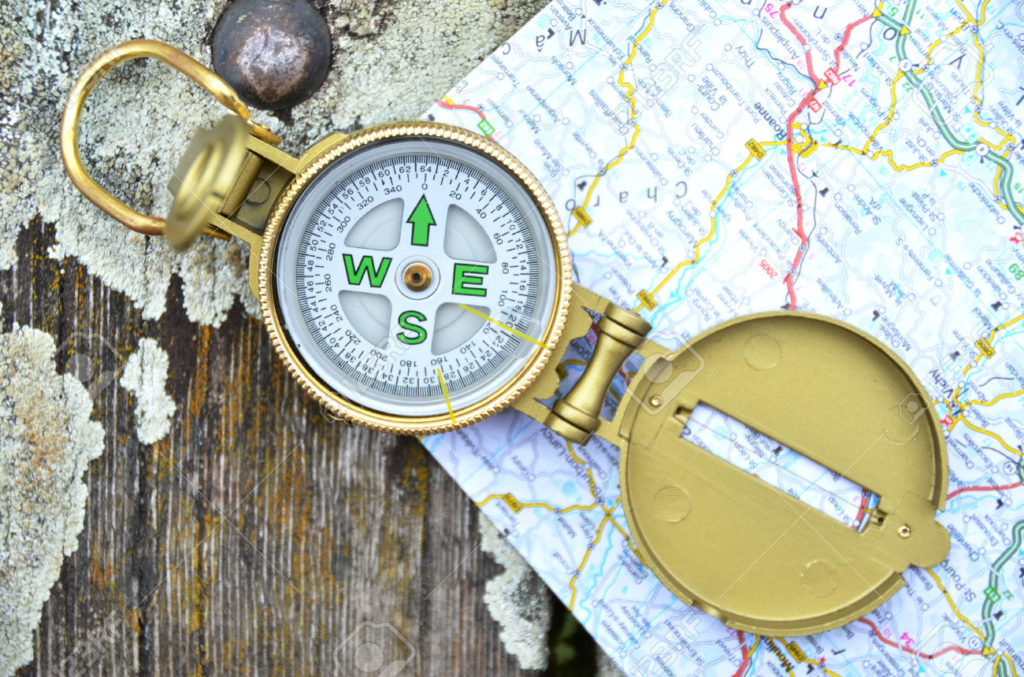by Kaly Perrault
My husband and I have moved every three months for the past year-and-a-half. Since he took on the role of a travel nurse our lives have been in constant limbo. As someone who struggles with anxiety, I’ve had to do a lot of learning on how to make decisions in a world where endless possibilities have given us more paralysis than freedom.
As I watched Barry Schwartz’ TED talk, the “Paradox of Choice” (2005), I was pretty sure Barry was talking directly to me. “Why yes, Barry, with so many options to choose from, I DO find it very difficult to choose at all. And Barry, how did you know that even when I finally end up making a decision I am usually dissatisfied because I worry the other options would’ve been better?” I really resonated with Schwartz’ message, and as a coach, I realized many others struggle with the same thing. I’m no expert on how to make decisions, but I have learned a few things through considering powerful questions in the past 2 years:
How is your process of decision-making impacted by your beliefs?
First and foremost, I learned that I needed to break the worldview of thinking there was always a right or best choice. Barry Schwartz’ example of buying a new pair of jeans helped me realize that sometimes it’s not about finding the absolute best pair, but limiting the possibilities and leaving satisfied. He urges listeners to lower their expectations if they want to be pleasantly surprised. Breaking the idea of there always being a right choice served me as a coach as well; I realized just as there is not a right or best choice, there is not a right method of decision-making.
How will each choice align with your WHY?
Simon Sinek’s “Start With Why” (2009), explains the power of knowing your ultimate purpose behind all that you do. I love to use the metaphor of a compass when I think of my WHY. Our WHY is our ultimate destination. There are an infinite number of paths we could take to reach this destination. Even if we end up choosing a path that temporarily leads us off course, checking in with our compass will show us how to get back on track.
How can you alleviate pressure while making your decisions?
A big turning point for me came when I asked myself this very question. I came to the conclusion that I don’t believe in alternate timelines. If there is not an alternate timeline, and there is not a right or best choice, whatever I ultimately end up choosing will be the best. Discovering your own beliefs around decision-making will help you better understand how to choose.
Finding direction can still be difficult, especially when it comes to decisions that carry a significant impact. However, when I use my WHY as a compass, take the pressure off, and remember that there’s more than one right way, I find myself making progress.

